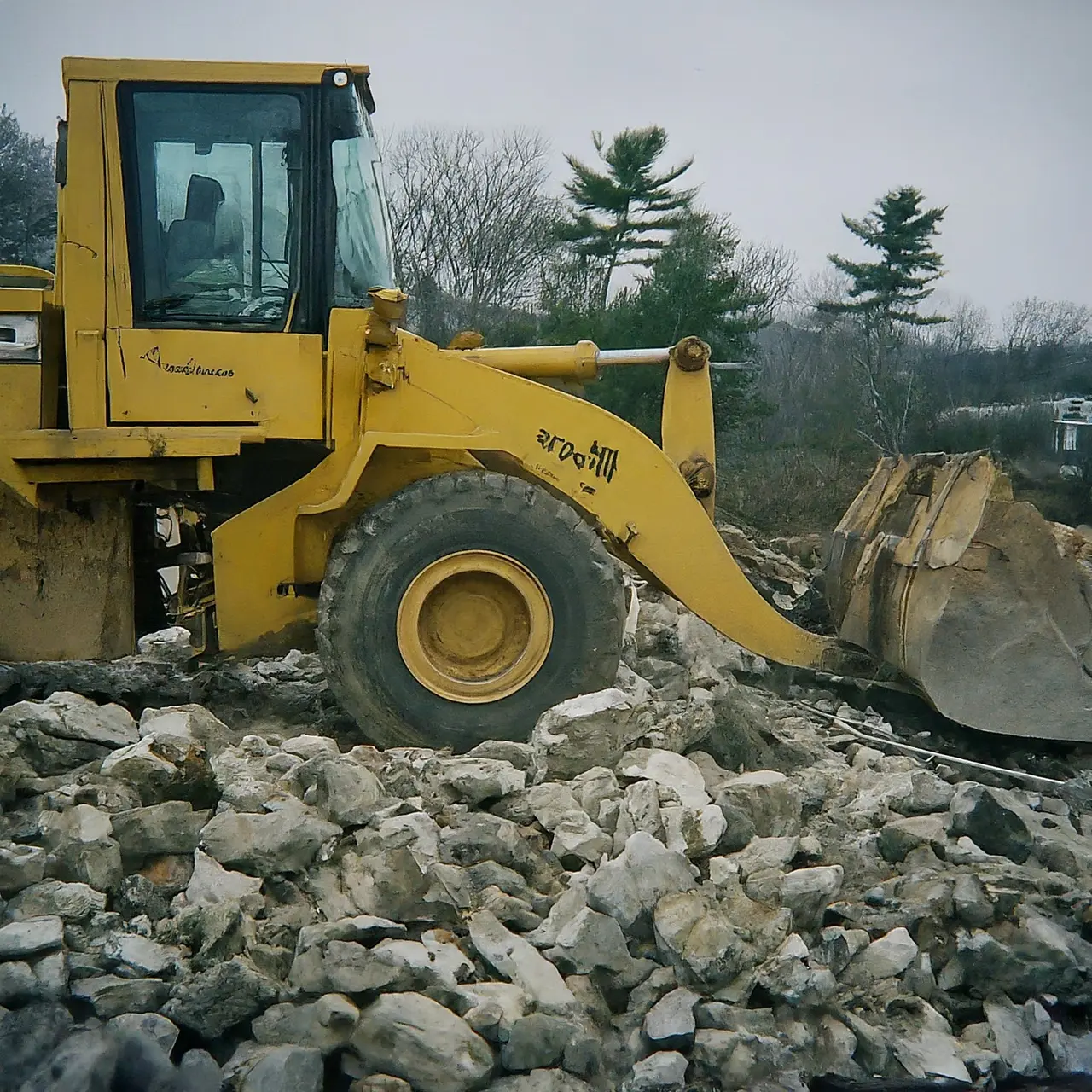In Massachusetts, where the changing seasons bring about diverse challenges, efficiently managing heavy debris is integral to both residential and commercial landscapes. From construction rubble to fallen trees after a storm, knowing the ins and outs can save time and ensure compliance with local regulations.
Understanding Massachusetts Regulations for Heavy Debris Disposal
Massachusetts has specific regulations guiding the disposal of heavy debris, aiming to protect the environment and its residents. From construction materials to yard waste, knowing these guidelines is crucial for anyone looking to dispose of heavy debris. Failure to comply can result in fines and other penalties, emphasizing the importance of researching and understanding state and local laws before beginning any project.
In addition to state regulations, many Massachusetts towns have their own set of rules regarding heavy debris disposal. These can include designated drop-off points, recycling programs, and special collection days. Taking the time to familiarize yourself with these regulations can not only help you avoid legal troubles but also point you toward more sustainable disposal options.
Identifying Types of Heavy Debris Common in Massachusetts
Heavy debris in Massachusetts can vary widely, ranging from construction and demolition waste to natural debris such as branches and tree stumps. Recognizing the type of debris you’re dealing with is the first step in determining the most efficient disposal method. Construction debris often requires different handling and recycling options compared to organic waste, making identification crucial.
Best Practices for Separating and Sorting Heavy Debris
Separating and sorting heavy debris not only facilitates recycling but can also reduce disposal costs. Materials like concrete, metal, wood, and bricks should be separated from organic waste to maximize recycling opportunities. It’s a practice that not only benefits the environment by reducing landfill use but can also streamline the disposal process significantly.
For large projects, consider hiring a professional waste management service specializing in debris removal. These services can provide on-site sorting solutions and direct the waste to appropriate recycling centers, ensuring that each material is handled according to Massachusetts standards.
Choosing the Right Equipment for Heavy Debris Removal
The right equipment is essential for efficiently handling heavy debris. For large-scale debris, renting a dumpster is often the most effective solution, providing a central place for waste accumulation and easy removal. It’s important to select a dumpster size that matches your project’s scope to avoid additional costs for overfilling or the need for multiple hauls.
Options for Recycling and Repurposing Heavy Debris in Massachusetts
Massachusetts offers numerous options for recycling and repurposing heavy debris. Many materials, such as metal, concrete, and lumber, can be recycled into new products, reducing the environmental impact. Additionally, repurposing efforts, such as using clean fill for landscaping projects, can give debris a second life. Exploring these options not only helps the environment but can also be cost-effective.
Local recycling centers and services specialize in heavy debris, providing resources for homeowners and contractors alike. Taking advantage of these services supports Massachusetts’ environmental goals and can lead to more sustainable project outcomes.
Navigating Heavy Debris Removal for Special Projects
Special projects, such as demolitions or large-scale renovations, require careful planning when it comes to debris removal. In such cases, working with a professional debris removal service from the outset can ensure that the project complies with Massachusetts regulations and minimizes environmental impact. These experts can offer advice on everything from equipment to recycling, making them invaluable partners in managing heavy debris.
Wrapping Up Debris Disposal
Navigating the nuances of heavy debris disposal and recycling in Massachusetts doesn’t have to be a daunting task. With the right knowledge and resources, residents and businesses can handle this challenge efficiently and environmentally responsibly, contributing to the beauty and safety of our communities.

